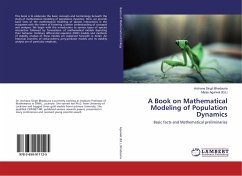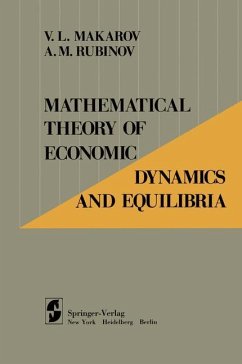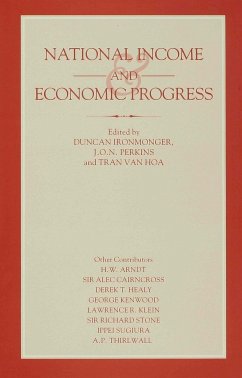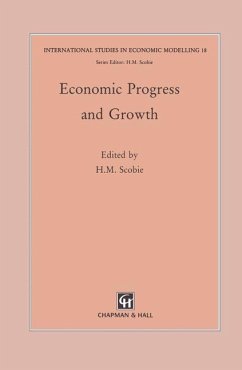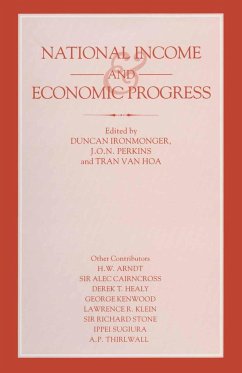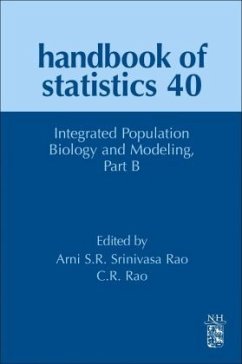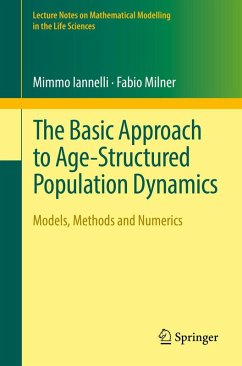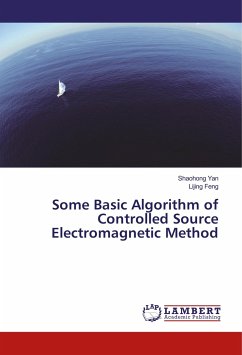
Population Dynamics in Optimally Controlled Economic Growth Models
A Comparative Study of the Performance of Economies with Exponential and Logistic Population Growth
Versandkostenfrei!
Versandfertig in 6-10 Tagen
53,99 €
inkl. MwSt.

PAYBACK Punkte
27 °P sammeln!
The impact of population growth dynamics in economic development has been a topical but thorny issue for a couple of centuries now. Here, the effects of population growth dynamics on the performance of an economy, as this growth varies from purely exponential to strongly logistic are discussed in Optimally controlled frameworks. The models largely use consumption per (effective) labour and investments per (effective) labour in respect of (physical and human) capital as control variables; and (physical and human) capital per (effective) labour as state variables. Income per (effective) labour i...
The impact of population growth dynamics in economic development has been a topical but thorny issue for a couple of centuries now. Here, the effects of population growth dynamics on the performance of an economy, as this growth varies from purely exponential to strongly logistic are discussed in Optimally controlled frameworks. The models largely use consumption per (effective) labour and investments per (effective) labour in respect of (physical and human) capital as control variables; and (physical and human) capital per (effective) labour as state variables. Income per (effective) labour is used as the output variable. Time-discounted quadratic payoff (or welfare) functional of the state and control variables is used as the objective functional. It is found out that with research and development technological input, economies with exponential population growth consistently perform better than those with logistic population growth, over time. Under any other case, economies with exponential population growth consistently perform worse than those with logistic population growth. These have far reaching implications in the management of economies, developed or least developed.



